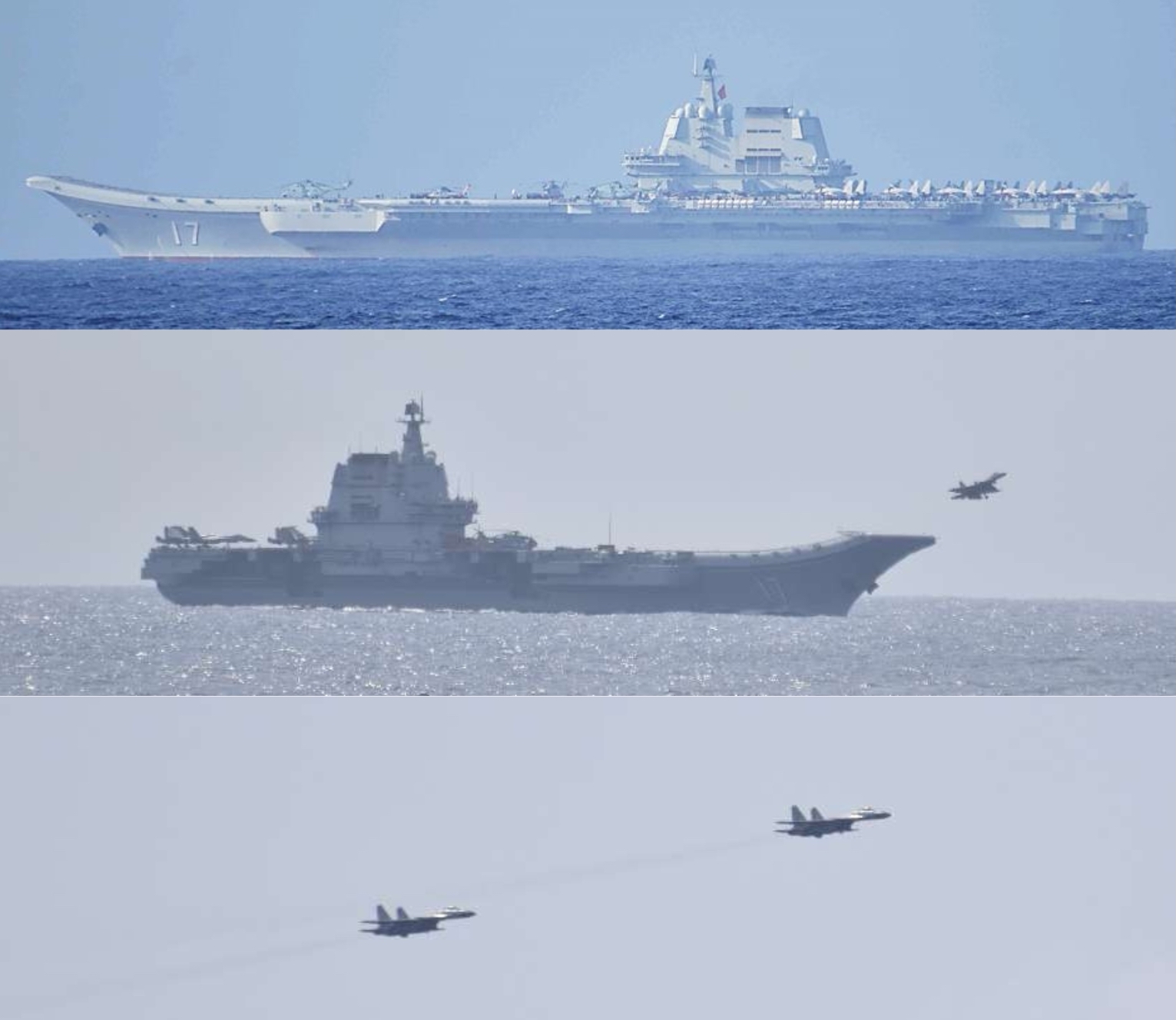China has criticized the United States for its retaliatory strikes in the Middle East, repeating calls for restraint while it navigates a tricky crisis that also jeopardizes its econmic security.
"Syria and Iraq are sovereign countries. China opposes any act that violates the U.N. Charter and infringes upon other countries' territorial sovereignty and security," Wang Wenbin, a spokesperson for the Chinese Foreign Ministry, told a regular press briefing in Beijing on Monday.
The Chinese government's comments came after U.S. President Joe Biden sanctioned what he called "discrete strikes against facilities" in both countries over the weekend, targeting sites the White House said were being used by Iran-linked militants, including those allegedly responsible for the January 28 drone attack that killed three U.S. service members at Tower 22, a military base in northeastern Jordan, near the Syrian border.
America's renewed armed engagement in the Middle East was closely reported by China's state media outlets, which this week carried Beijing's open rebuke at the latest escalation in the region.
"The current situation in the Middle East is highly complex and sensitive. China urges relevant parties to earnestly observe international law, remain calm, exercise restraint, and prevent the tensions in the region from escalating or even spiraling out of control," said Wang.
The Houthi rebel group's drone and ballistic missile attacks in the Red Sea began last fall in the wake of an escalation in the long-running Israeli-Palestinian conflict, after Hamas fighters crossed into Israel on October 7 and killed hundreds of civilians including children. A subsequent Israeli bombing and ground campaign into the Gaza Strip has killed more than 27,000 Palestinians, according to Gaza's Health Ministry.
The Houthis—backed by Iran—control parts of Yemen along its Red Sea coast. They pledged solidarily with Hamas and have vowed to blockade all shipments to Israel, primarily by targeting the Bab el-Mandeb Strait connecting the Gulf of Aden and the Red Sea.
China has not openly backed the Houthis but has avoided criticizing the group's continued targeting of commercial vessels, attacks that put its own companies in a vulnerable position.
Last month, China's top diplomat, Wang Yi, suggested U.S. airstrikes against the Houthis in Yemen were illegal, arguing they lacked a mandate by the U.N. Security Council.
Beijing's position reflects a level of tension between its geopolitical ambition to secure more influence in the region, and its economic security interests, which rely heavily on the safety of maritime trading routes in the Red Sea and other waterways around the world.
Chinese officials are said to have pressed their Iranian conterparts to "rein in" the Houthi attacks—or risk economic relations with China, Reuters reported last month. Tehran denied there was such a request from Beijing.

The threat to China's economy is real, however. The Chinese Commerce Ministry said it would assist foreign companies in navigating challenges posed by regional instability in the Middle East.
A report in January by the Global Times, a state-backed newspaper, said the shipping company Sea Legend—based in the coastal city of Qingdao but registered in Singapore—was among the few still operating in the Red Sea. The firm said its five cargo ships were being escorted by a flotilla of Chinese navy warships.
Bloomberg last month reported on other subtle tactics merchant vessels were using to safeguard their cargo from Houthi attacks—by broadcasting the nationalities of their crew.
In automatic identification system, or AIS, data used to avoid collisions at sea, vessel operators have included short messages including "all Chinese crew," "Chinese owner ship" and "no contact Israel," in moves that are believed to protect their ships from missiles.
The phenomenon was continuing this week, observers said on X, formerly known as Twitter.
Incredible: ships traversing the Red Sea are labeling themselves "Chinese owner ship" and "Chinese crew" in order to avoid attacks by the Houthis. pic.twitter.com/TPAncYpZjw
— Kareem Rifai 🌐 (@KareemRifai) February 5, 2024
Uncommon Knowledge
Newsweek is committed to challenging conventional wisdom and finding connections in the search for common ground.
Newsweek is committed to challenging conventional wisdom and finding connections in the search for common ground.
About the writer
Aadil Brar is a reporter for Newsweek based in Taipei, Taiwan. He covers international security, U.S.-China relations, and East Asian ... Read more
To read how Newsweek uses AI as a newsroom tool, Click here.








